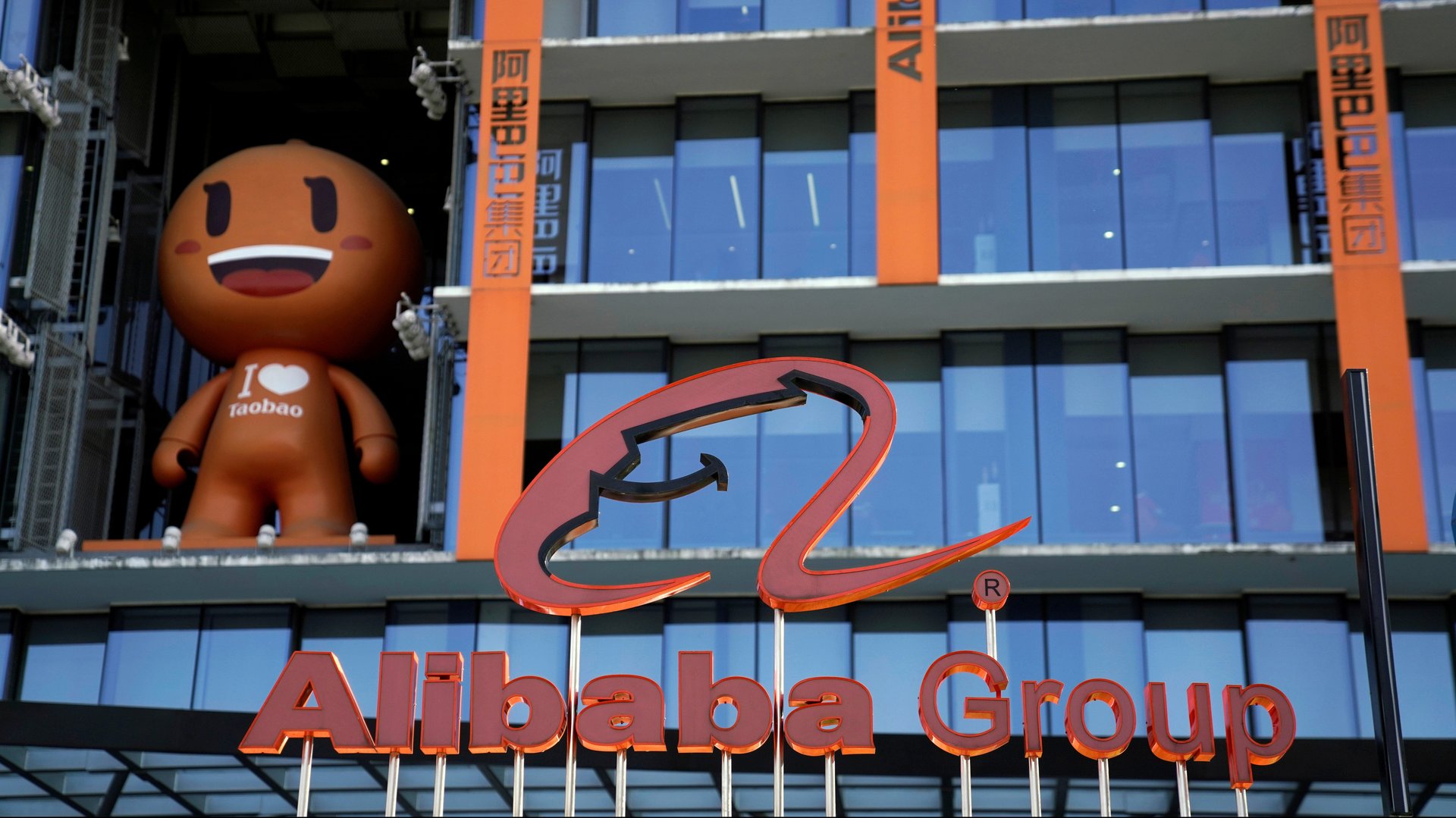Singles Day sales top $38 billion despite trade tensions and protests
With the help of Taylor Swift, Alibaba, the Chinese e-commerce giant, was able to shake it off on Singles Day. The shopping festival, an anti-Valentine’s Day celebrated Nov. 11, smashed to a record $38 billion in gross merchandise volume (GMV), a rough measure of total transactions, a 26% increase year-over-year. The metric doesn’t account for cancellations or returns. Swift headlined at the company’s Countdown Gala, singing three songs from her latest album, Lover, as the buying frenzy began.


With the help of Taylor Swift, Alibaba, the Chinese e-commerce giant, was able to shake it off on Singles Day. The shopping festival, an anti-Valentine’s Day celebrated Nov. 11, smashed to a record $38 billion in gross merchandise volume (GMV), a rough measure of total transactions, a 26% increase year-over-year. The metric doesn’t account for cancellations or returns. Swift headlined at the company’s Countdown Gala, singing three songs from her latest album, Lover, as the buying frenzy began.
The eleventh edition of the annual Singles Day tradition marked Alibaba’s first without founder Jack Ma at the helm. He stepped down as the company’s chairman in September, with Daniel Zhang (inventor of Singles Day) becoming CEO.
For Alibaba, the early results from the 24-hour shopping bonanza indicated that Chinese consumption remains strong despite slowing economic growth. As the country contends with Hong Kong’s pro-democracy protests and US tariffs in the ongoing trade war, the online retail giant still managed to reach a new peak.

Last year, Alibaba reported $31 billion in Singles Day sales. By comparison, according to industry estimates, Amazon sold just about $7 billion of goods during Amazon Prime Day, a 48-hour, global event in July. Indeed, Singles Day has become the largest day for online purchases worldwide, bar none. And increasingly, it’s starting to be acknowledged outside of China as well. An Alibaba subsidiary, Lazada, caters to customers in southeast Asia. This year, it reported that more than 3 million orders were placed in the first hour of its Singles Day promotion.
As Alibaba reportedly prepares for a secondary listing in Hong Kong later this month, its strong performance today should give it a boost. The company, which is already listed on the New York Stock Exchange, is aiming to raise as much as $15 billion more from the public. It’s not immediately apparent what Alibaba plans to do with the money, but analysts told Nikkei Asian Review, the conglomerate hopes a Hong Kong listing will make it easier for Chinese investors to buy Alibaba shares.
By listing in Hong Kong, Alibaba could also defend itself against a possible delisting in the US. The Trump administration and US legislators have reportedly considered delisting Chinese companies as part of the trade war.